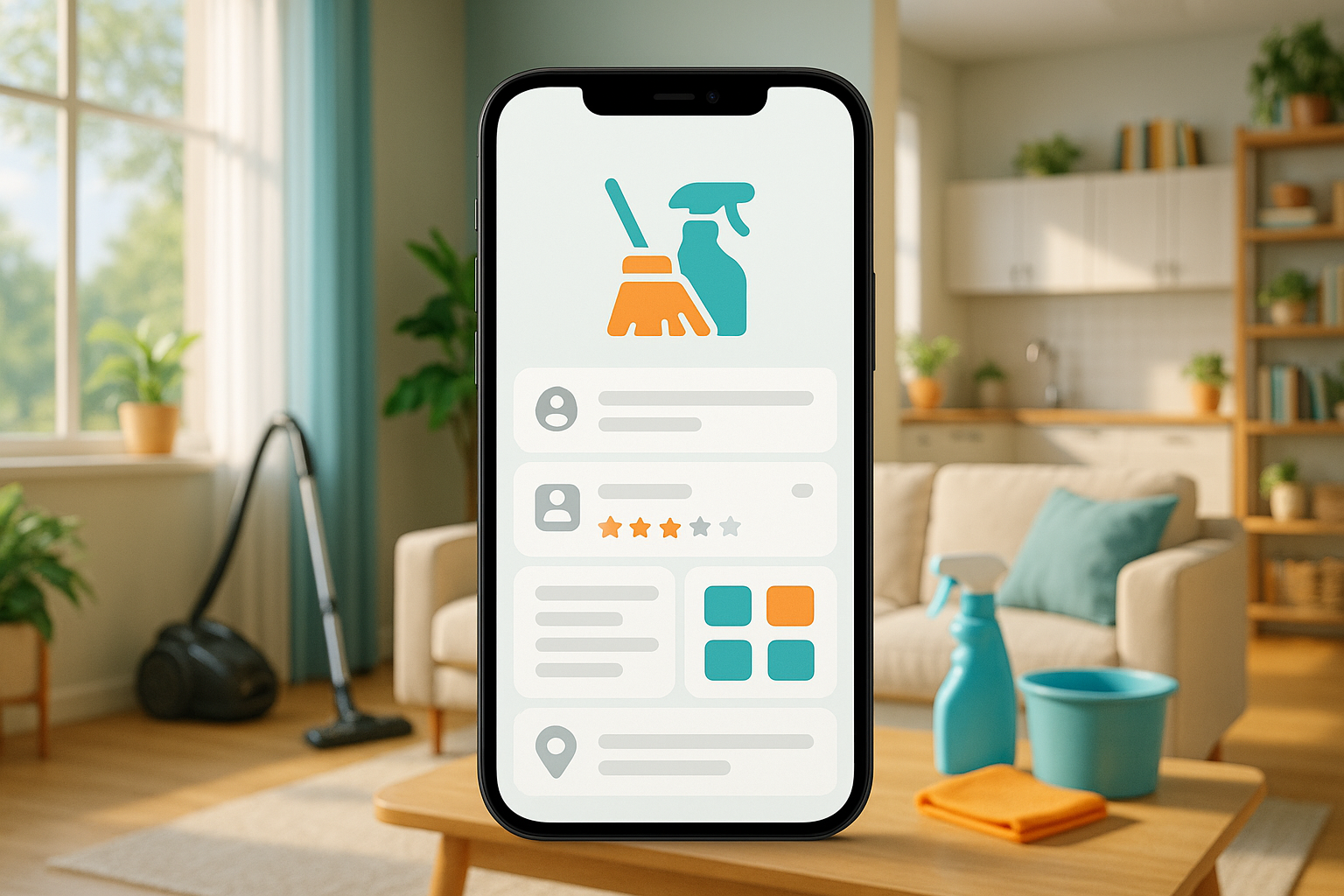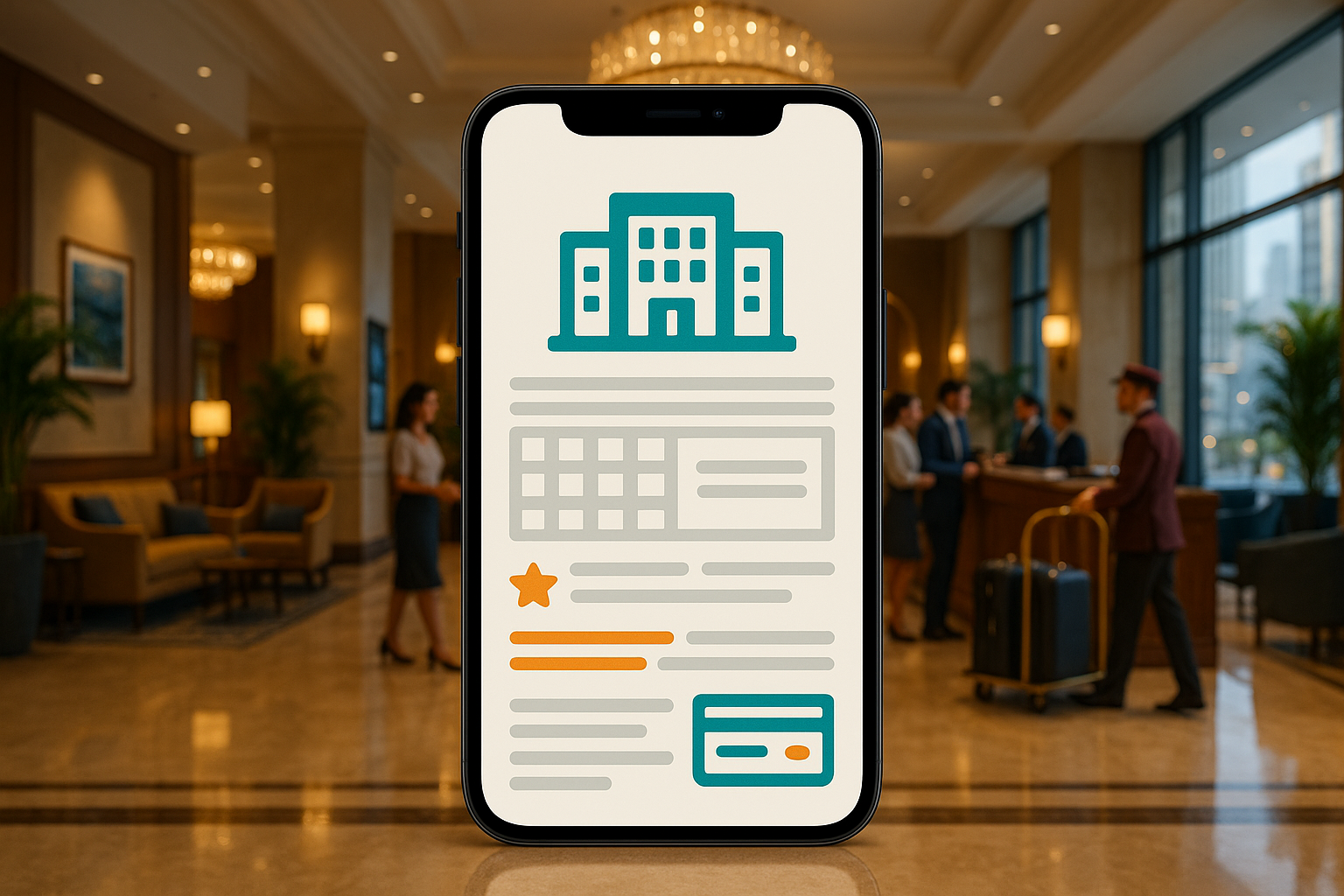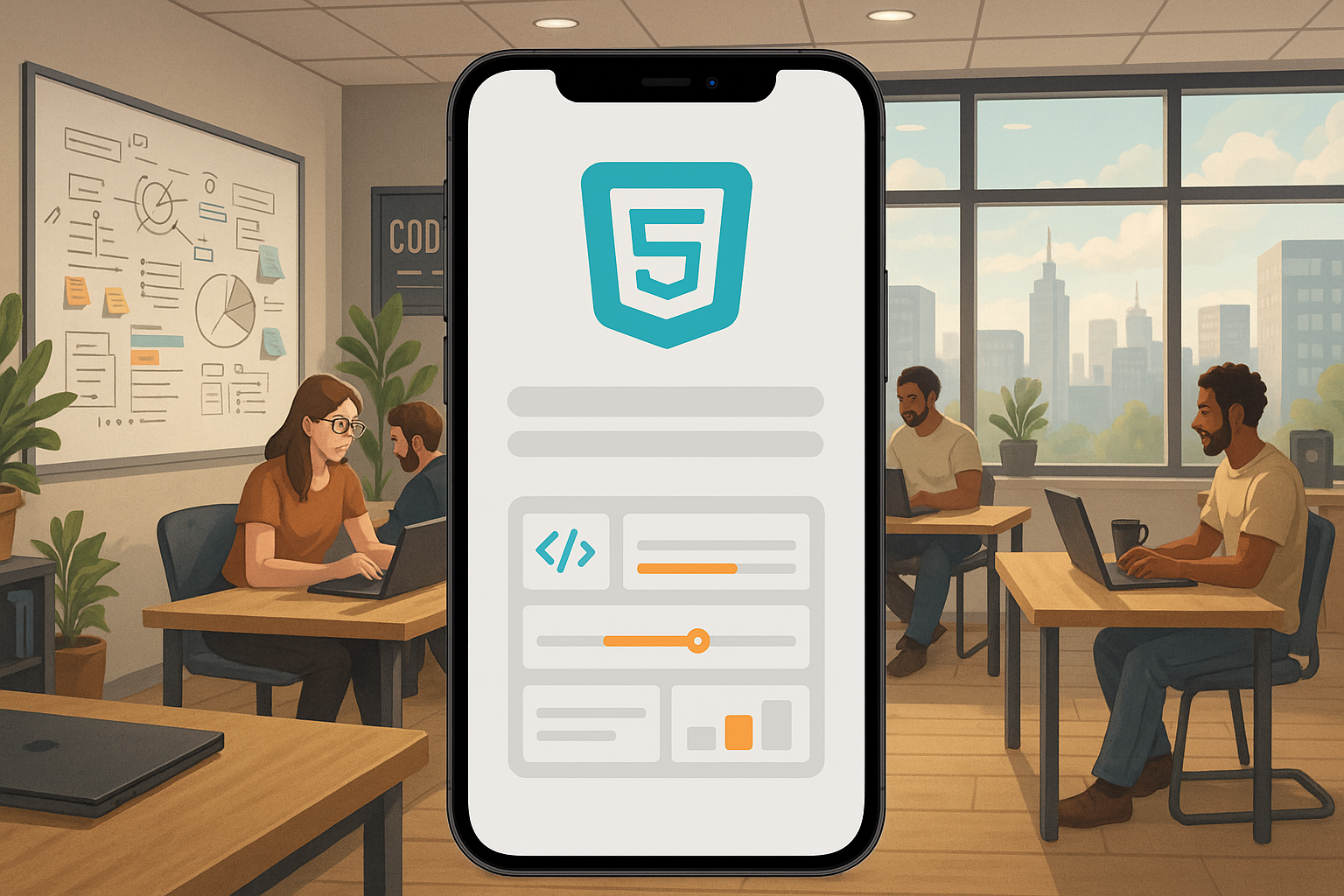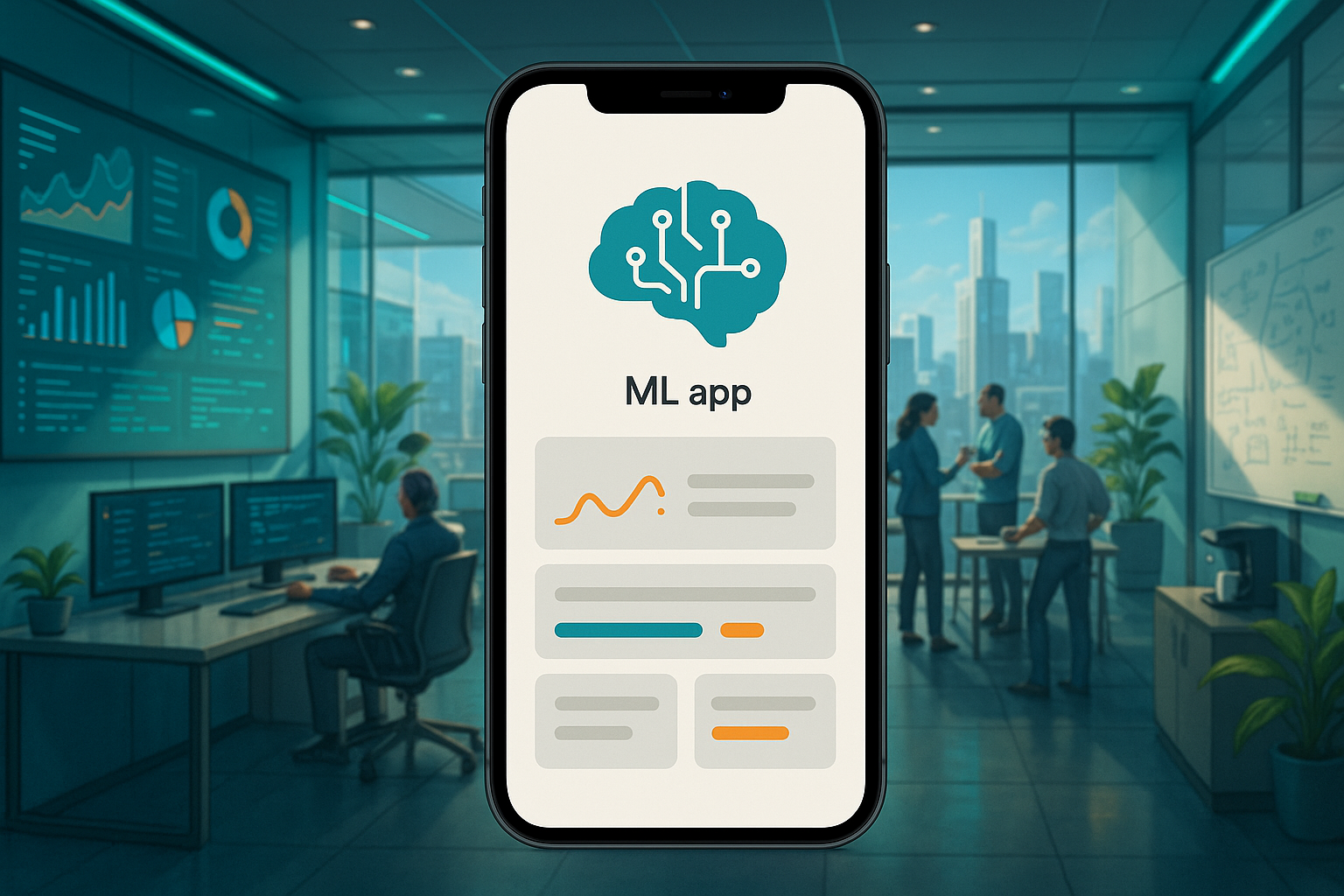Introduction
The on-demand economy has transformed how consumers access services, and house cleaning is no exception. The convenience of booking a professional cleaner with a few taps on a smartphone has created a burgeoning market for house cleaning apps. However, entering this space is far from simple. Developing a house cleaning app that is not only functional but also stands out in a crowded market presents a formidable challenge. From ensuring a seamless user experience and managing complex logistics to navigating fierce competition and implementing robust security, the path to a successful app is fraught with obstacles.
This comprehensive guide will walk you through the essential aspects of house cleaning app development. We will explore what these apps entail, dissect the inherent difficulties of building one in-house, and categorize the different types of cleaning apps available. Furthermore, we will provide a detailed cost analysis and introduce the top development companies that can bring your vision to life. As a leading US-based AI-powered app development firm, we at MetaCTO have over 20 years of experience turning ambitious ideas into successful, monetized mobile applications. We will show you how partnering with an expert team can help you navigate these challenges and build a market-leading platform.
What is a House Cleaning App?
At its core, a house cleaning app is an on-demand service platform that connects users seeking cleaning services with individual professional cleaners or cleaning companies. These applications streamline the entire process, from discovery and booking to payment and feedback, creating a frictionless experience for both customers and service providers. They are more than just simple directories; they are sophisticated ecosystems built on a foundation of technology designed to manage logistics, facilitate communication, and build trust.
Core Features and Functionality
Modern house cleaning apps are feature-rich platforms designed to offer convenience, customization, and control. Key features typically include:
- User Registration and Personalized Profiles: Users create a personalized profile during registration, providing essential information like name, address, and contact details. This allows the app to tailor services to specific needs and preferences.
- Service Selection and Customization: Apps offer a wide range of services, from general bathroom and couch cleaning to specialized tasks. Users can often customize their cleaning checklists, selecting specific tasks or rooms to focus on. Some advanced apps even allow for virtual cleaning consultations via video call to discuss specific needs and get estimates.
- Intelligent Booking and Scheduling: Users can easily schedule one-time or recurring cleaning appointments (weekly, bi-weekly, or monthly). These apps allow individuals to establish a cleaning routine that suits their lifestyle and send push notifications as reminders for upcoming appointments or specific chores.
- Location-Based Matching: By leveraging GPS technology, apps can accurately match users with suitable cleaning professionals or services within their geographic area. The matching algorithm often considers location, service type, preferred date/time, and special user requests.
- Transparent Pricing and Secure Payments: Apps provide real-time, transparent cost calculations based on factors like property size and the services selected. The entire payment process is handled securely within the app, supporting various options like credit cards, debit cards, and digital wallets. Many also include an option to tip the cleaning professional through the platform.
- In-App Communication: To facilitate clear and prompt interactions, apps provide communication channels for users to message cleaners directly. This is useful for clarifying tasks, rescheduling, or requesting additional services.
- Ratings, Reviews, and Trust: After a service is completed, users can rate and review the cleaning professional. This feedback system helps future users make informed decisions and provides valuable insights for cleaners to improve their service, fostering a community built on trust. Many apps also conduct comprehensive background checks and vetting processes for their professionals to ensure user safety.
- Advanced Features: To stay competitive, many apps incorporate advanced functionalities. These can include AI-powered algorithms for creating tailor-made cleaning plans, integration with smart home systems to control robotic vacuums, features to track eco-friendly cleaning practices, and loyalty programs to reward repeat customers.
Reasons It Is Difficult to Develop a House Cleaning App In-House
While the idea of building your own app may seem appealing, the reality is that developing a sophisticated on-demand service marketplace is a complex and resource-intensive endeavor. Attempting this in-house without a seasoned team often leads to budget overruns, project delays, and ultimately, a product that fails to meet user expectations. Here are the primary challenges you will face.
The Fiercely Competitive Market
The on-demand app market is incredibly crowded. New apps must compete fiercely for users’ attention against established players and a constant stream of new entrants. Differentiating your app requires more than just a functional platform; it demands a unique value proposition, a superior user experience, and a strategic marketing plan. Attracting and retaining users in such a saturated environment is a significant hurdle that requires deep market knowledge and continuous innovation.
Technical and Scalability Hurdles
On-demand applications face fundamental technical challenges, with scalability being paramount. Your app must be able to handle sudden spikes in user activity during peak times without crashing or slowing down. This requires a robust backend architecture and a database that can support a growing volume of data and complex queries.
- Real-Time Data Processing: These apps rely on managing and processing large volumes of real-time data, from GPS tracking of cleaners to instant booking updates. Ensuring this data is accurate, consistent, and processed with minimal latency is a significant technical challenge.
- Third-Party Integrations: A modern app needs to seamlessly integrate with multiple third-party services, such as payment gateways (Stripe), geolocation services (Google Maps), and messaging platforms (Twilio). Managing these integrations and keeping them updated adds layers of complexity to the development process.
- Security: Handling sensitive user data, including personal information and financial transactions, makes security a paramount concern. You must implement comprehensive protection against data breaches, hacking, and phishing to preserve user trust and comply with data protection laws like GDPR and CCPA.
User Engagement and Retention
Developing a functional app is only half the battle. Maintaining high user engagement and combating churn are crucial for long-term success. Users have exceptionally high expectations for usability and performance. A failure to meet these expectations can lead to poor reviews, low retention rates, and diminished market performance. An app must be intuitive, reliable, and engaging enough to encourage regular use, which requires careful planning and a deep understanding of user behavior.
High Development Costs and Budgetary Risks
Building a comprehensive on-demand app entails significant expenses. Costs for development, robust security measures, advanced features, and continuous maintenance can quickly escalate.
- Balancing Cost and Quality: A limited budget can restrict the scope of features and functionalities, while unanticipated expenses can lead to project delays. Allocating resources effectively to balance cost with a high-quality product is a critical challenge.
- Post-Launch Costs: The financial commitment doesn’t end at launch. You must budget for ongoing app maintenance, server costs, regular updates to support new OS versions, and marketing to attract and retain users.
Partnering with a specialized firm like MetaCTO mitigates these risks. Our custom mobile app development service leverages two decades of experience to navigate these complexities, ensuring your app is built efficiently, securely, and is positioned for market success from day one.
Different Types of House Cleaning Apps
The house cleaning app market is not monolithic. Various business models have emerged to cater to different user needs and market segments. Understanding these types can help you define your niche and value proposition.
- On-Demand Cleaning Apps: These apps cater to users needing immediate or same-day cleaning services. They provide a swift solution for one-time cleaning requirements, connecting users with available professionals in their vicinity. TaskRabbit is a well-known example that connects users with local service providers for various tasks, including cleaning.
- Subscription-Based Cleaning Apps: This model offers a predictable and consistent approach to home maintenance. Users subscribe to regular cleaning services—typically weekly, bi-weekly, or monthly—ensuring their home stays clean without having to book each session individually. This model fosters customer loyalty and provides a stable revenue stream.
- Specialized Cleaning Apps: These platforms are tailored to specific cleaning needs, such as post-construction cleaning, deep cleaning, or move-in/move-out services. They connect users with professionals who specialize in these particular, often more intensive, tasks.
- Platform Aggregator Apps: Functioning as comprehensive marketplaces, these apps compile a vast array of cleaning service providers. They give users a broad spectrum of options, allowing them to compare pricing, services, and reviews from different companies and independent cleaners all in one place.
- DIY Cleaning Apps: For users who prefer to do the cleaning themselves, these apps serve as powerful organizational tools. They empower users with knowledge, offering structured checklists, step-by-step guides for tackling specific challenges, and features to delegate chores among household members. Apps like Tody and PikaPika fall into this category.
- Multi-Service Apps: These platforms offer a comprehensive suite of home-related services beyond just cleaning. Users can book handymen, plumbers, electricians, and other professionals, making it a one-stop-shop for all home maintenance needs.
- Residential Cleaning Apps: This is the most common type, focusing exclusively on connecting users with pre-vetted cleaners for residential properties. They allow users to choose the services they need, browse cleaner profiles, and get free quotes.
- Corporate Cleaning Apps: Designed specifically for businesses, these apps enable companies to schedule and manage commercial cleaning services for their offices, retail stores, or other facilities.
Cost Estimate for Developing a House Cleaning App
There is no one-size-fits-all price tag for building a house cleaning app; the cost can range from $20,000 for a basic version to over $100,000 for a complex, feature-rich platform. The final cost depends on a variety of factors.
Factors Influencing Development Cost
- Feature Complexity: The more features you include, the higher the cost. Basic features like user registration and booking are standard. Advanced features like AI-based matching, real-time GPS tracking, in-app chat, subscription plans, and loyalty programs will significantly increase development time and cost.
- Platform Choice: Developing separate native apps for iOS and Android is typically more expensive than using a cross-platform framework like React Native or Flutter, which can help save money by using a single codebase.
- UI/UX Design: A simple, intuitive design is crucial for user retention. However, highly custom interfaces with complex animations will increase the design and development budget.
- Backend Architecture: A secure and scalable backend is the backbone of your app. The cost will be influenced by the choice of cloud storage (e.g., AWS, Firebase), secure databases, and real-time notification systems.
- Development Team: The location and experience level of your development team is a major cost driver. Hiring a seasoned agency in the U.S. or Europe is more expensive than outsourcing to teams in Eastern Europe or South Asia.
Cost Breakdown by App Complexity
| App Tier | Estimated Cost | Included Features |
|---|---|---|
| Basic MVP | $5,000 – $25,000 | Service listings, user/vendor registration, basic booking, payments, and reviews. |
| Mid-Level App | $30,000 – $50,000 | All MVP features plus in-app chat, GPS tracking, an admin dashboard, and enhanced UI/UX. |
| Full-Featured App | $60,000 – $100,000+ | All mid-level features plus AI-based matching, CRM, analytics, loyalty programs, subscriptions, and multi-language support. |
Strategies to Manage Costs
For entrepreneurs looking to enter the market, it’s wise to start with a Minimum Viable Product (MVP). An MVP includes only the core features needed to solve the primary user problem. This allows you to test your idea in the market, gather user feedback, and attract investors with a minimal initial investment. At MetaCTO, we specialize in Rapid MVP Development, helping you launch a streamlined version of your app in 90 days or less.
Top House Cleaning App Development Companies
Choosing the right development partner is the single most important decision you will make. An experienced agency brings not only technical expertise but also strategic guidance to ensure your app succeeds.
1. MetaCTO
As a premier AI-powered mobile app development agency based in the U.S., we at MetaCTO bring over two decades of experience and more than 120 successful projects to the table. We don’t just build apps; we build businesses. Our process is designed to handle every step of your journey, from validating your initial idea to scaling a profitable enterprise.
What truly sets us apart is our deep expertise in integrating artificial intelligence to create smarter, more efficient, and more engaging applications. We leverage AI for everything from intelligent cleaner matching and personalized cleaning plans to computer vision technology. Our work with clients like G-Sight, where we implemented cutting-edge computer vision AI, demonstrates our ability to turn complex technologies into tangible business results.
Our approach is holistic, covering the entire app lifecycle:
- Validate: We help you quickly turn your idea into a 90-day MVP to test the market, collect feedback, and secure funding.
- Build: We handle the entire design, build, and launch process, delivering a smooth, market-ready experience from day one.
- Grow: Using A/B testing and analytics, we optimize your app for user onboarding, engagement, and retention to build a loyal customer base.
- Monetize: We work with you to implement the most effective monetization strategies, whether through subscriptions, pay-per-service, or commissions.
- Evolve: As your business scales, we ensure your app evolves with it, upgrading with the latest tech to stay competitive.
Our track record speaks for itself. We’ve helped our clients raise over $40 million in funding and achieve significant milestones, such as generating over $500k in annual subscriptions for the Mamazen app. If you’re looking for a deep technical partner to build a technology and AI roadmap that will increase profit and valuation, MetaCTO is your ideal choice.
Other Leading Development Companies
| Company | Headquarters | Team Size | Key Industries | Unique Strengths | Starting Cost |
|---|---|---|---|---|---|
| SolGuruz | Ahmedabad, India | 51-200 | Real Estate, Healthcare, Fintech | Generative AI integration, scalable UI/UX, award-winning design | $10,000+ |
| LinkUp Studio | Ukraine | 50-200 | Logistics, Fintech | Product-oriented, customer-first approach, competitive pricing | $10,000+ |
| The NineHertz | USA, India | 250+ | Transportation, Food Delivery | Expertise in booking systems, multi-panel apps, AI & ML integration | $25,000+ |
| Konstant Infosolutions | USA, India | 250+ | E-commerce, NGOs | End-to-end tailored solutions, proven track record | $5,000+ |
| Interexy | Poland | 50-200 | Fintech, Healthcare, On-Demand | High Clutch rating, agile & transparent approach | $10,000+ |
| Incepteo | London, UK | 50-200 | Logistics, Fintech, Travel | High client trust, innovation-first mindset, transparent delivery | $25,000+ |
Conclusion
Developing a house cleaning app is a journey filled with both immense opportunity and significant challenges. We’ve covered the essential components of a successful app, from core features and diverse business models to the substantial difficulties of in-house development in a competitive market. We’ve also provided a realistic look at the costs involved and highlighted the top development companies that can serve as your guide.
The key takeaway is that success in this space requires more than a great idea. It demands deep technical expertise, strategic market insight, and a relentless focus on the user experience. Attempting to navigate this complex landscape alone is a risky proposition. By partnering with an experienced development agency, you can mitigate these risks, accelerate your time to market, and build a high-quality product that stands out from the competition.
At MetaCTO, we specialize in transforming ambitious concepts into thriving mobile businesses. Our expert team is ready to help you validate, build, grow, and monetize your house cleaning app.
Ready to build the next market-leading house cleaning app? Talk with an expert at MetaCTO today and let’s turn your vision into a reality.






